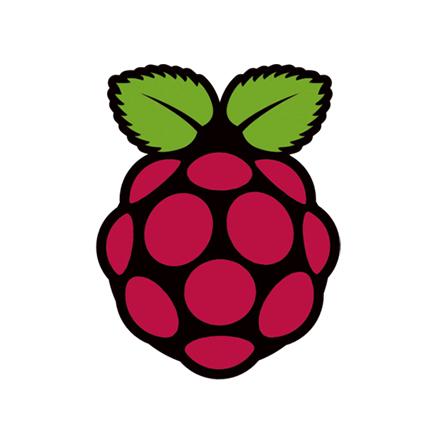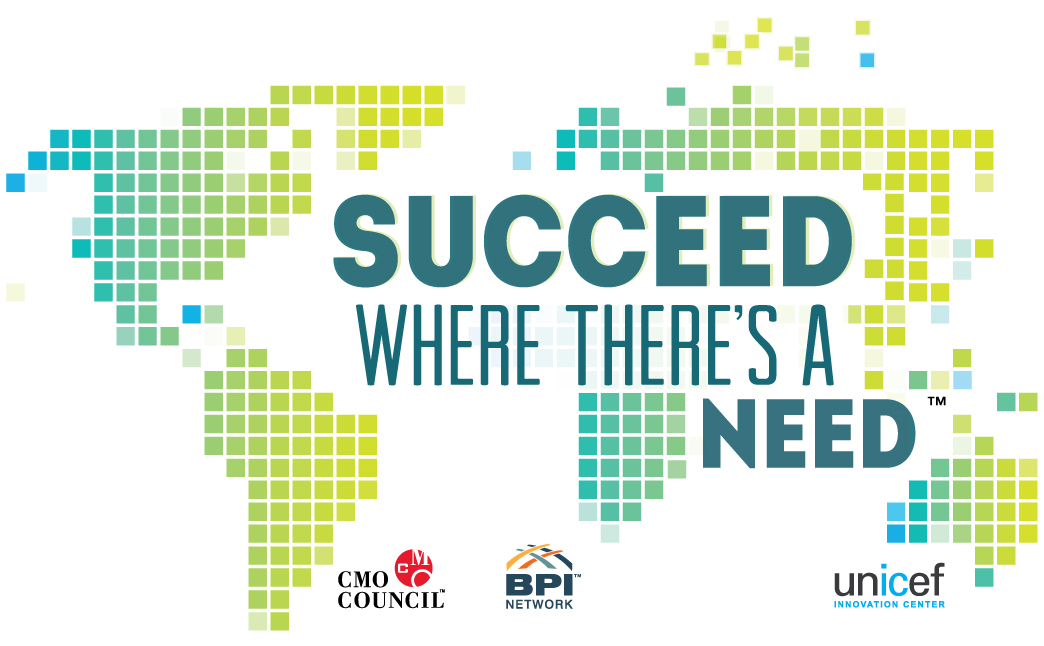Contributors
Raspberry Pi
 Need
Need
A way for under-privileged children with limited access to resources and technology to gain the skills needed to be part of the future global community
Succeed
The Raspberry Pi is the brainchild of Eben Upton, Technical Director at Broadcom. The idea was inspired by what Upton and his team viewed as a lack of university applicants’ software skills. Keen to get people coding, they released the Raspberry Pi in 2012. The multi-award-winning Raspberry Pi is a credit-card sized computer that plugs into a TV and has the processing power of a desktop PC.
The creation of the Raspberry Pi was a bold move to disrupt the status quo and empower children to leverage the technology that was rapidly evolving around them. The Pi enables people of all ages to explore computing, and to learn how to program in languages like Scratch and Python. It's capable of doing everything you'd expect a desktop computer to do, from browsing the internet and playing high-definition video, to making spreadsheets, word-processing, and playing games.
The Pi has been widely adopted in the UK and throughout Europe and the US, particularly among educators, who see it as a cheap and open way of getting computers into classrooms. But how did this British innovation go from a hobbyist curiosity in middle England to the war-torn Middle East? And, more importantly, how will coding help these kids face the harsh realities of displacement, civil war and survival?
James Cranwell-Ward, Innovation Specialist at UNICEF, was one of the first adopters of the Raspberry Pi. In 2013 Cranwell began working with UNICEF Lebanon to create innovations in response to the crisis that was happening in Syria. In discussing how to use technology to create learning opportunities for refuges in the country, he immediately saw the potential locked in the Raspberry Pi.
In addition to the traditional learning curriculum, Metni and Cranwell-Ward are emphatic that the kids will also use the Pi’s programming language Scratch to build programmes and games. Building things in Scratch – from concept to delivery – will help make real essential lessons about their human rights and other issues that affect them, from water sanitation to protecting themselves from violence and abuse that can arise in a refugee situation. And, it’s fun.
It’s also part of gaining skills to be part of the future global community. "There needs to be some basic understanding of what technology is, how it can be manipulated, how we can use it to help ourselves." This is the most important part of this initiative for Cranwell-Ward.
Technical developers at Cyntech Components have also linked the Pi to a high-definition, small, portable, and low-cost screen, thereby making it more accessible and affordable. This is a pure example of how technologists, innovators, and development-specialists have come together to truly leverage the Pi to reach the global need. Partners are even thinking of using solar-power down the line to provide the Pi to people living off the grid. We look forward to seeing how they progress!



